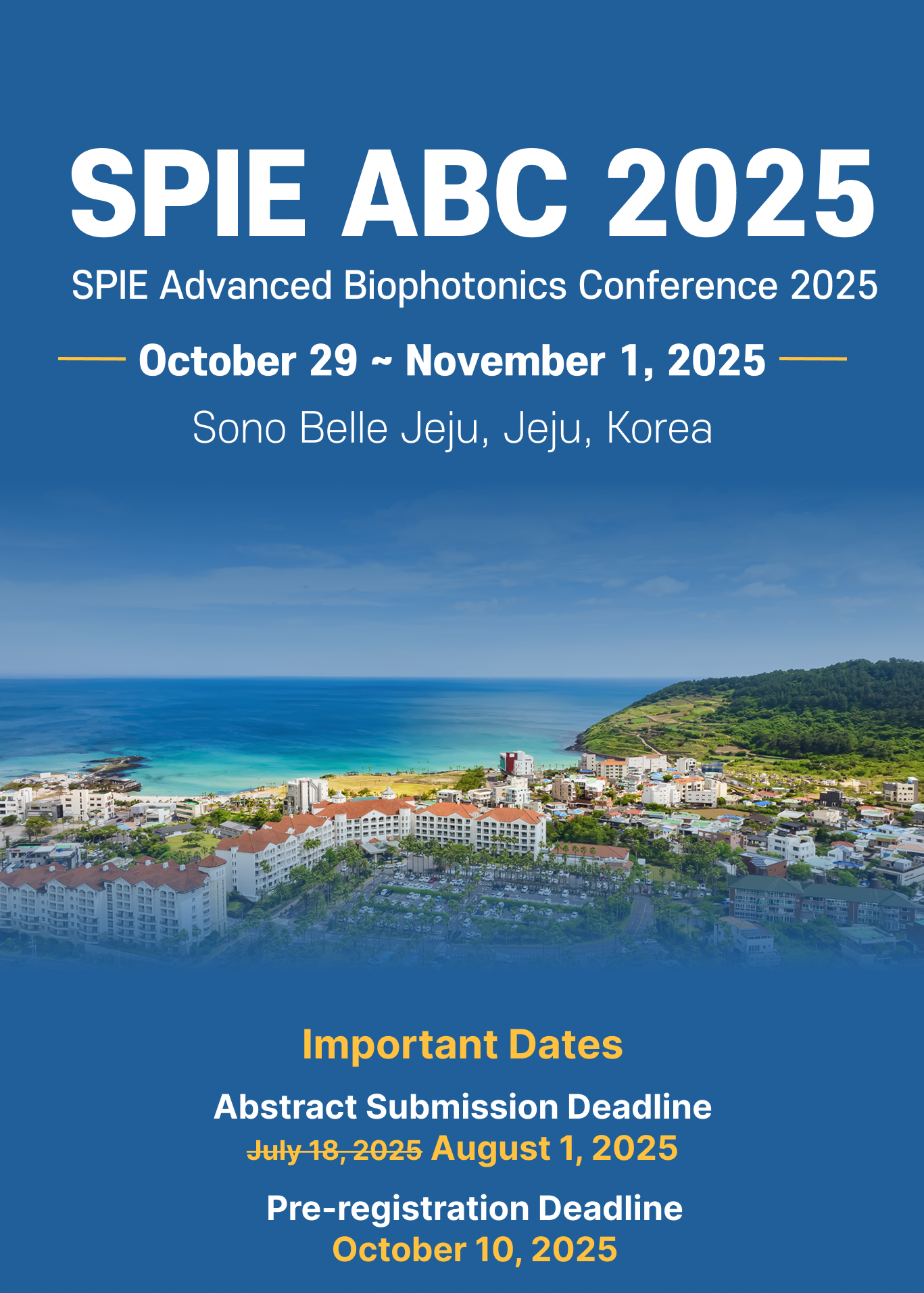49th BANGKOK World Congress on Sustainable Development (BWCSD-25) scheduled on Dec. 22-24, 2025 Bangkok (Thailand)
BWCSD-25
- URL: https://belrg.dirpub.org/conference/442
- Event Date: 2025-12-22 ~ 2025-12-24
- Submission Date: 2025-12-01
- Organizer: BELRG
- Location: Bangkok, Thailand
Sustainable Energy Sustainable Development
Conference Themes & Indicative Topics:
Papers are invited across the following broad themes, aligned with the UN SDGs, but are not limited to these areas:
I. People: Ending Poverty and Hunger, Ensuring Dignity and Equality
- SDG 1: No Poverty:
- Poverty eradication strategies and innovative social protection systems.
- Addressing income inequality and economic inclusion.
- Sustainable livelihoods and microfinance for vulnerable communities.
- SDG 2: Zero Hunger:
- Sustainable agriculture and food systems (agroecology, smart farming).
- Food security, nutrition, and reducing food waste.
- Resilient food chains and adaptation to climate change.
- SDG 3: Good Health & Well-being:
- Universal health coverage and public health innovations.
- Maternal, child, and adolescent health.
- Addressing non-communicable diseases and mental health.
- Sustainable healthcare systems and medical technologies.
- SDG 4: Quality Education:
- Education for Sustainable Development (ESD) and global citizenship education.
- Lifelong learning opportunities and skills for the future workforce.
- Digital education, equitable access, and inclusive learning environments.
- SDG 5: Gender Equality:
- Women's economic empowerment and political participation.
- Ending gender-based violence and discrimination.
- Gender perspectives in climate action and resource management.
- SDG 6: Clean Water & Sanitation:
- Sustainable water resource management and integrated water management.
- Access to safe drinking water, sanitation, and hygiene (WASH).
- Wastewater treatment, recycling, and resource recovery.
II. Planet: Protecting Natural Resources and Tackling Climate Change
- SDG 7: Affordable & Clean Energy:
- Renewable energy technologies (solar, wind, hydro, geothermal, biomass, hydrogen).
- Energy efficiency and sustainable energy consumption.
- Energy access, smart grids, and rural electrification.
- SDG 12: Responsible Consumption & Production:
- Circular economy principles and business models.
- Sustainable supply chain management and green procurement.
- Waste reduction, recycling, and valorization technologies.
- Sustainable product design and life cycle assessment.
- SDG 13: Climate Action:
- Climate change mitigation strategies (emissions reduction, carbon capture).
- Climate change adaptation and resilience building.
- Climate finance, policy, and international cooperation.
- Early warning systems for climate-related hazards.
- SDG 14: Life Below Water:
- Marine ecosystem conservation and sustainable fisheries.
- Ocean pollution (plastics, microplastics, chemical pollutants) and remediation.
- Coastal zone management and blue economy initiatives.
- SDG 15: Life on Land:
- Terrestrial ecosystem conservation and biodiversity protection.
- Sustainable forest management and combating desertification.
- Land degradation neutrality and ecosystem restoration.
- Wildlife conservation and combating illegal trade.
III. Prosperity: Ensuring Sustainable and Inclusive Economic Growth
- SDG 8: Decent Work & Economic Growth:
- Sustainable economic models and green jobs.
- Innovation, entrepreneurship, and sustainable business practices.
- Addressing youth unemployment and promoting social protection.
- SDg 9: Industry, Innovation & Infrastructure:
- Sustainable industrialization and technological upgrading.
- Resilient infrastructure development (transport, energy, digital).
- Innovation ecosystems and green technology transfer.
- SDG 10: Reduced Inequalities:
- Addressing inequalities within and among countries.
- Inclusive policies for marginalized groups (migrants, refugees, persons with disabilities).
- Social inclusion and equity in access to resources and opportunities.
- SDG 11: Sustainable Cities & Communities:
- Urban planning for sustainable and resilient cities.
- Smart cities, green buildings, and sustainable transportation.
- Preserving cultural and natural heritage in urban environments.
- Disaster risk reduction and urban resilience.
IV. Peace & Partnerships: Building Peaceful Societies and Global Cooperation
- SDG 16: Peace, Justice & Strong Institutions:
- Governance for sustainable development (transparency, accountability, rule of law).
- Peacebuilding, conflict prevention, and inclusive societies.
- Access to justice and human rights.
- SDG 17: Partnerships for the Goals:
- Multi-stakeholder partnerships for sustainable development (public-private, civil society, academia).
- Capacity building and technology transfer for developing countries.
- Sustainable finance and innovative funding mechanisms.
- Data, monitoring, and accountability for SDG progress.
V. Cross-Cutting Themes & Interlinkages
- Integrated Approaches to the SDGs: Understanding synergies, trade-offs, and holistic planning.
- Role of Technology in Sustainable Development: Digital transformation, AI, IoT, blockchain for sustainability.
- Climate-Gender-Food-Water Nexus: Interconnected challenges and integrated solutions.
- Policy Coherence for Sustainable Development: Aligning national and international policies.
- Indigenous Knowledge and Traditional Practices: Their role in sustainable development and conservation.
- Youth Engagement & Leadership for Sustainability: Empowering future generations.
- Financing Sustainable Development: Innovative financial instruments and investment.
- Measuring & Monitoring SDG Progress: Data collection, indicators, and reporting frameworks.
- Behavioral Change & Social Innovation for Sustainability.
- Ethical Dimensions of Sustainable Development.
















